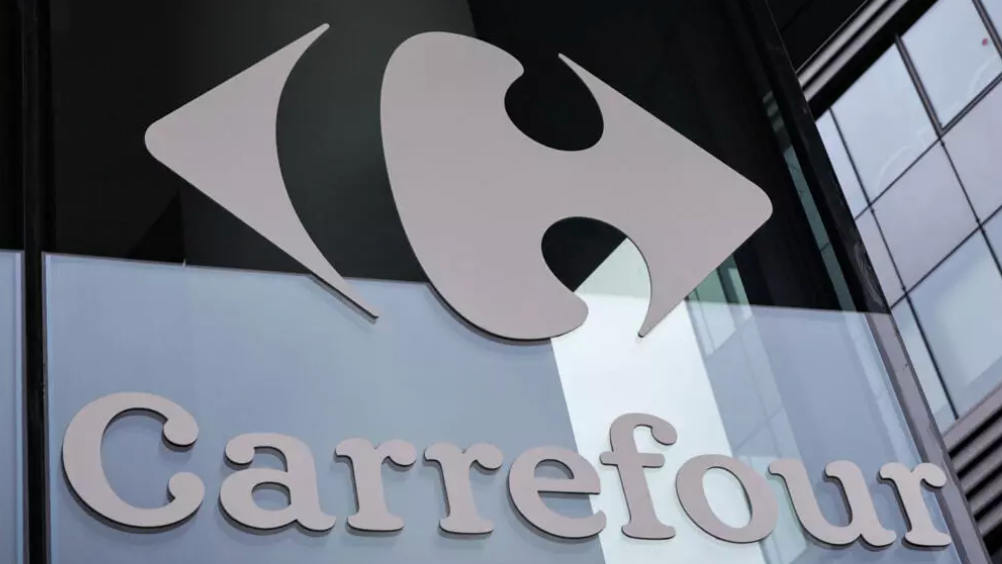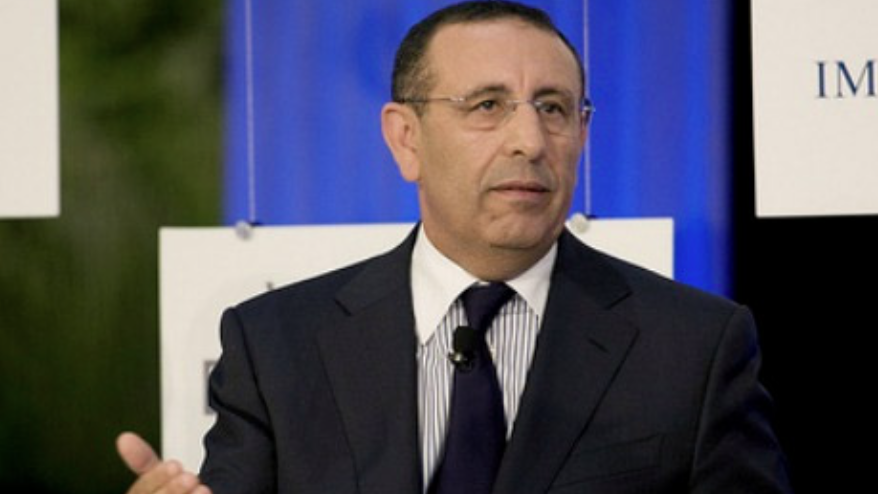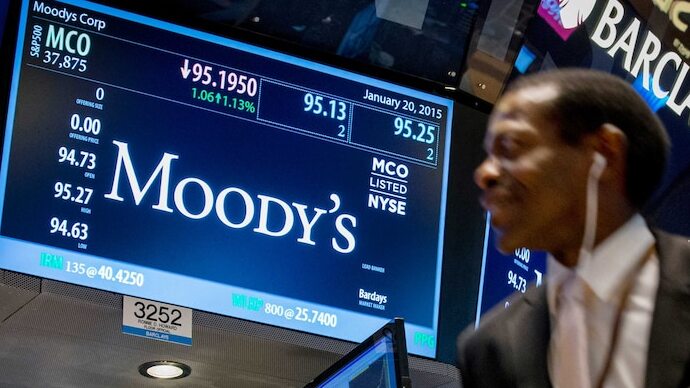
Carrefour hit by boycott: French retailer withdraws from Arab markets
Accused of trading with Israeli settlements in the occupied West Bank, Carrefour has seen its stores closed or rebranded in a number of Arab countries. In less than a year, the brand has disappeared from Jordan, Oman, Kuwait, and Bahrain. Behind this commercial retreat is a symbolic and partial victory for pro-Palestinian activists, who have used boycotts of complicit companies as a lever for political struggle.
Carrefour, the brand under pressure
Since the start of the Israeli offensive in Gaza, calls to boycott French and Western companies perceived as complicit with Israel have multiplied in the Arab world. Carrefour, a global retailer, has been particularly targeted, notably for its ties to Israeli actors or settlements deemed illegal under international law.
The BDS (Boycott, Divestment, Sanctions) movement has strongly mobilized around Carrefour, accusing it of "complicity": through its variety of products, partnerships, or investments in Israel and the settlements. The stage was set for a clash between economics and politics.
This pressure has resulted in concrete closures:
-
In Jordan , Carrefour ceased operations on November 4, 2024 .
-
In Oman, the brand officially stopped all activity on January 7, 2025 .
-
On September 14, 2025, Carrefour announced the closure of its stores in Bahrain.
-
On September 16, 2025, the brand ceased its operations in Kuwait.
In all these cases, the group's regional franchisor, Majid Al Futtaim (MAF), based in Dubai, carries out the transaction: the Carrefour stores are replaced or rebranded under the local HyperMax banner.
Added to this commercial withdrawal are vague official justifications: Carrefour cites "market developments," a strategic repositioning, or operational constraints. But behind the scenes, many see it as a direct victory for a highly publicized political boycott.
A militant victory? To be qualified
The boycott weighed
It would be an exaggeration to say that Carrefour left solely because of the boycott; the reality is more complex. However, the pro-Palestinian movement has played an undeniable role in the erosion of its image and loss of market share in Arab countries. Demonstrations in front of stores, social media campaigns, calls for consumer defection: the discourse has penetrated minds.
In many Arab cities, protesters chanted "Carrefour accomplice" and "boycott until a free Gaza," transforming hypermarkets into symbolic targets. The withdrawal from Jordan was interpreted as a first jackpot for activists, whether justified or not by private announcements; official communication remained vague.
But more economic signals
Analysts point out that Carrefour faces structural challenges in the Middle East: strong local competition, high logistics costs, currency volatility, and high operating costs.
Additionally, regional franchisee Majid Al Futtaim had long sought to increase the share of its own brands and strengthen its local identity. Replacing Carrefour with HyperMax avoids licensing fees and provides greater strategic flexibility.
In other words: the boycott is not absent, but it is probably not the only driving force behind the withdrawal.
A symbolic, but limited victory
For pro-Palestinian activists, the significance of this retreat is partly symbolic, proving that an economic giant can bend to public opinion. But the question remains: is this a global or local withdrawal?
Carrefour remains active elsewhere in the Middle East and North Africa, notably in Egypt and Morocco. The group has not officially confirmed its intention to withdraw from other Arab countries.
Furthermore, HyperMax's replacement does not signal a complete withdrawal from the value chain; infrastructure, supply chains, and personnel often remain within the local subsidiary's control. The French brand may continue to have indirect ties.
What it changes or what it doesn't change
The message to the Arab world
Carrefour's withdrawal from these major markets is a signal: a company, even a powerful one, can be constrained by citizen pressure. This heralds a new stage in the economic struggle surrounding the Israeli-Palestinian conflict: markets, brands, and commerce are becoming battlefields.
The "grassroots" mobilizations in Arabia and North Africa may have revealed a new dimension of support for the Palestinian cause, not just militant or symbolic, but also consumer-based. The economic boycott is becoming a tool of pressure.
Limits of real impact
But on a material level, the impact on the geopolitics of the conflict is minimal. The withdrawal from Carrefour does not affect borders, occupation policies, or diplomatic decisions.
Furthermore, consumers in the affected countries do not completely lose access to goods: the stores continue under other facades, with imported or local products.
Finally, it is possible that Carrefour (or another global brand) will return to these countries once tensions have eased, or under another contractual arrangement.
Carrefour's withdrawal from four Arab countries is not an economic earthquake, but it is a symbolic shock. It shows that the legitimacy of international companies can be challenged by popular movements mobilized around political issues. And in this game, pro-Palestinian activists are loudly claiming a victory: forcing a retail giant to bow.



Leave a comment
This site is protected by hCaptcha and the hCaptcha Privacy Policy and Terms of Service apply.